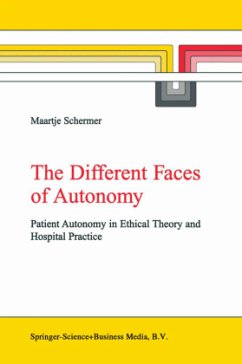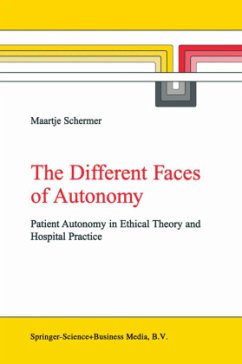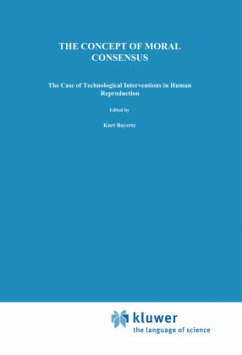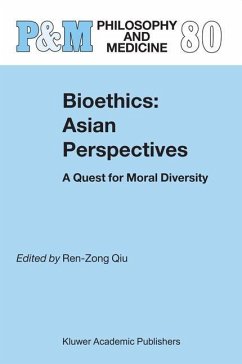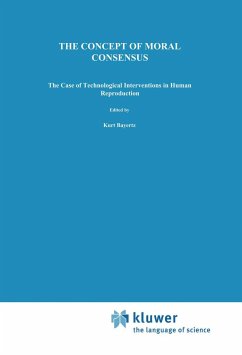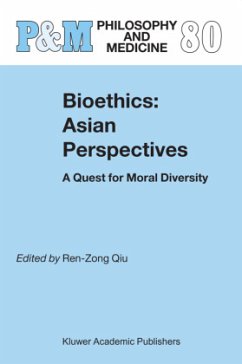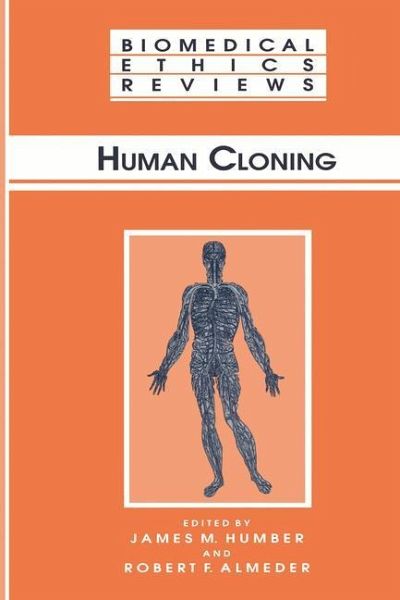
Human Cloning
Versandkostenfrei!
Versandfertig in 6-10 Tagen
38,99 €
inkl. MwSt.

PAYBACK Punkte
19 °P sammeln!
In Human Cloning a panel of distinguished philosophers, medical ethicists, religious thinkers, and social critics tackle the thorny problems raised by the now real possibility of human cloning. In their wide ranging reviews, the distinguished contributors critically examine the major arguments for and against human cloning, probe the implications of such a procedure for society, and critically evaluate the "Report and Recommendations of the National Bioethics Advisory Commission." The debate includes both religious and secular arguments, as well as an outline of the history of the cloning deba...
In Human Cloning a panel of distinguished philosophers, medical ethicists, religious thinkers, and social critics tackle the thorny problems raised by the now real possibility of human cloning. In their wide ranging reviews, the distinguished contributors critically examine the major arguments for and against human cloning, probe the implications of such a procedure for society, and critically evaluate the "Report and Recommendations of the National Bioethics Advisory Commission." The debate includes both religious and secular arguments, as well as an outline of the history of the cloning debate and a discussion of human cloning's impact on our sense of self and our beliefs about the meaning of life.




